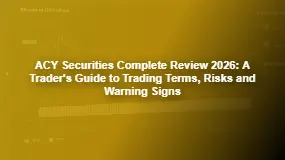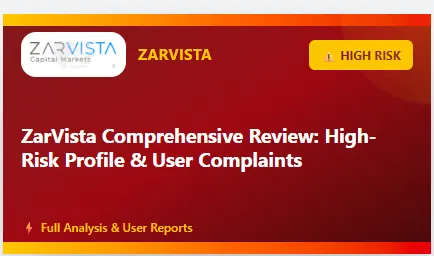Abstract:The Philippines tightens FX rules with new penalties of up to $17,130 per violation, enhancing transparency and ensuring timely financial reporting.

The Bangko Sentral ng Pilipinas (BSP) has made significant changes to its foreign exchange (FX) rules, a step that emphasizes its will to maintain a strong financial system in the Philippines. These measures, which improve openness and support price stability, show the central bank's will to fulfill its responsibility.
One of the key changes is the substantial increase in financial penalties for FX transaction infractions. Under the new guidelines, each infraction will carry a maximum penalty of PHP1 million (about $17,130). This significant rise in fines is a clear indication of the BSP's determination to deter non-compliance and ensure adherence to established norms.
Apart from transactional fines, the BSP has established a maximum penalty of PHP100,000 per calendar day for ongoing infractions. This penalty targets continuous violations and highlights the need for financial institutions to report quickly and correctly.
The BSP defines non-compliant reporting under its Manual of Operations of Foreign Exchange Transactions.

Errors and delayed or unsubmitted reports will now be characterized explicitly as violations, giving financial institutions unambiguous direction. This action is anticipated to improve the quality and timeliness of the reports sent to the BSP, therefore supporting more efficient policy studies and economic monitoring by helping to create a benchmark for these aspects.
The regulations also specify how financial institutions should be notified of infractions and fines. Additionally, the procedure for appealing or seeking review of these fines is stated, providing a methodical strategy for handling conflicts.
With a transitional period until December 31, 2024, these new rules will become active 15 banking days after their release on July 17, 2024. The BSP expects new rules to result in better reporting, helping the more extensive financial system.
The BSP's comment underlined how these developments will help the central bank to provide more accurate reports for policy research and more successfully monitor the financial system and economy.
FAQs:
1. What is the new maximum penalty for foreign exchange transaction infractions under the BSP's updated rules?
- The Bangko Sentral ng Pilipinas (BSP) has increased the maximum penalty for FX transaction infractions to PHP1 million (approximately $17,130) per infraction, reflecting its commitment to maintaining a strong financial system.
2. How does the BSP handle ongoing infractions under the new FX rules?
- For ongoing infractions, the BSP has introduced a penalty of up to PHP100,000 per calendar day, emphasizing the importance of timely and accurate reporting by financial institutions.
3. When will the new FX regulations take effect, and is there a transitional period?
- The new rules will become effective 15 banking days after their release on July 17, 2024, with a transitional period extending until December 31, 2024, allowing financial institutions time to comply with the updated guidelines.
Stay informed about the latest updates from the Bangko Sentral ng Pilipinas and other critical financial news by visiting the WikiFX News Page.











